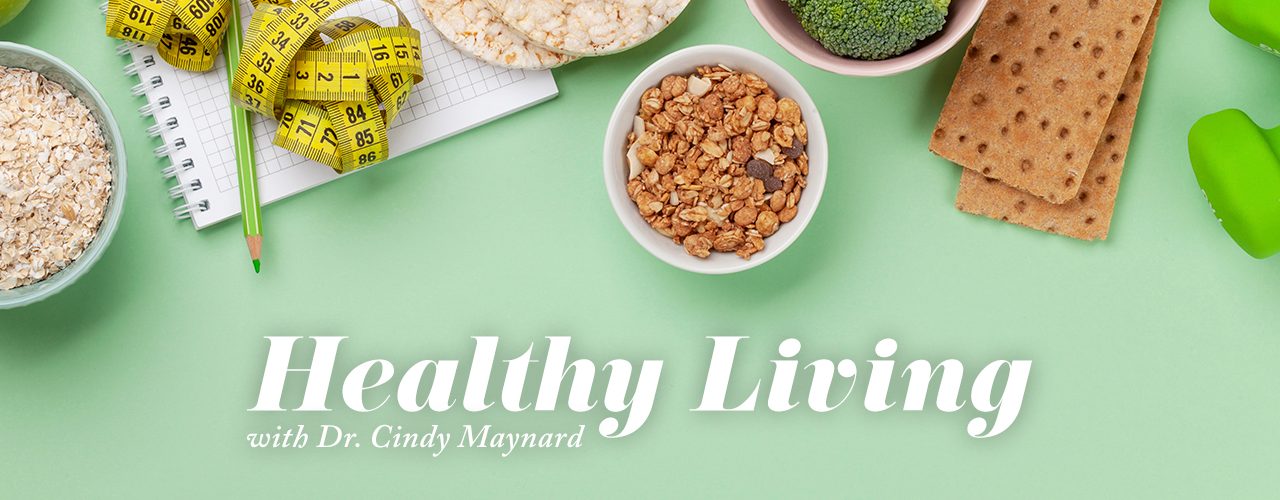Most people don’t think of humor as being a coping technique in terms of reducing stress, and yet it is one of the most powerful tools we have to promote and maintain health. Research shows people who use humor in the midst of stress are more resilient than the rest of us— they can bend in the wind in stressful situations. And if you’re lucky enough to have parents with a good sense of humor, then you’re probably ahead of the curve. Humor and laughter can improve our mood, strengthen our relationships, and even add years to our lives. Laughter does this by producing joy, mirth, optimism, and improved mental well-being—all of which have healing powers. And it’s never too late to hone our skills.
Consider this: The average child laughs or giggles about 300 times/day. But the typical adult laughs about 15x/day or less. But in the past few decades, the medical world has begun to take seriously the healing power of humor. Laughter and humor are being used to promote health in healthcare, hospitals, nursing homes, oncology wards, and the wellness community. In fact, when it comes to relieving stress, giggles and laughs are just what the doctor ordered. Who hasn’t felt better after a good laugh? Loud guffaws or even smiles can:
- Boost our immune system by lowering stress hormones in the body
- Boost creativity and memory
- Improve our mood and outlook on life
- Attract other people to us and creates a connection to others
- Increase healthy stress emotions like joy, hope, and happiness
- Most importantly, laughter makes us feel good!
And yet, humor is very individual. There are many types of humor; some work, and others don’t. Slapstick, gallows, parody, satire, and puns are all examples of humor that works. But humor, such as sarcasm (which literally means to tear flesh), ethnic humor, or laughing at others, is a lower form of humor that is not helpful and can actually be harmful— especially when we’re the recipient.
During the aftermath of COVID-19, it’s especially important to make space and time for humor and laughter in our lives. When I asked the students in my Stress Management class what were some ways to include more laughter into their lives, here were some of their answers. See if you can add to them.
- Tickling the proverbial funny bone
- Look for one humorous thing per day
- Don’t take yourself too seriously!
- Build your own Personal Humor Library (funny CDs, books, jokes, hilarious DVDs, Netflix comedians, try a humor workshop) or whatever else makes you smile.
- Work to improve your sense of imagination or creativity. Invent, write, read more…
- Start a joke hotline, improv night, or emails with your friends.
- Ask people, “What’s the funniest thing that happened to you this week?” You might be amazed with some of the responses!
- Watch animals or animal shows
- Laughter yoga! (Even if you fake a smile or fake laughter, you still release positive-feeling endorphins)
- Check out old-time comedians on YouTube.
I would encourage you to start your own Tickler Notebook so when you are having a down day; you can pull it out and regain some emotional balance or even a new perspective.
In summary, laughter is our birthright. Don’t wait for things to get easier, better, or less stressful. Life will always be complicated. Learn to be happy right now. Otherwise, you may run out of time (from the film, The Untouchables).
———
Cindy Maynard, Ph.D., RD, is a health psychologist, registered dietitian, and health and fitness writer. Dr. Maynard is passionate about the topic of health and wellness and motivating people towards better health. You can contact her at drcindymaynard@live.com.





